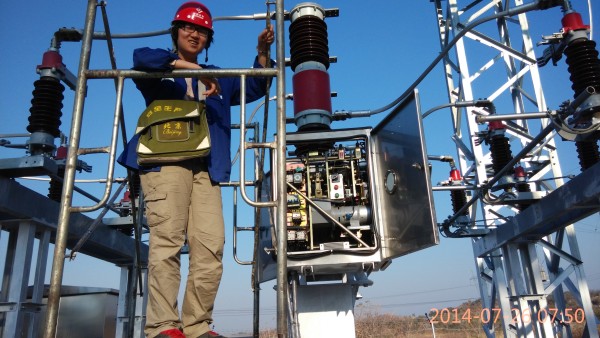Since 2006, investment from China has rapidly increased in Africa. According to a World Bank report in 2008, most of the Chinese investment goes to the infrastructure sector, mostly hydropower, railroad, and telecommunications. The hydropower projects are widely blamed for negative impacts on local community and natural environment. My project researches the network of stakeholders in one such infrastructure project. I aim to use one case study to understand how different stakeholders involved in the project interact with each other to produce social and environmental outcomes. A special focus is placed on analyzing the stakeholder relations.
Data for this project were collected from various sources including formal and informal interviews, participant observation, official documents from stakeholders, and newspaper articles. During the summer of 2014, I conducted fieldwork in Kariba North Bank Extension project, which is on the border of Zambia and Zimbabwe. My interviewees consisted of Zambian government agencies, the Zambian electricity company, the project owner, owner representatives, Sinohydro engineers, and Zambian workers. I worked with Sinohydro workers side by side on the construction site and translated for Sinohydro and Zambian project teams in the meetings. In addition, I collected a variety of available Chinese and English written records from Sinohydro.
Preliminary analysis shows that the social or environmental outcomes result from the interactions of stakeholders rather than an individual or company. This research can help the public to understand Chinese investment more objectively and assist stakeholders to deal with their relations with local communities and the natural environment properly.

